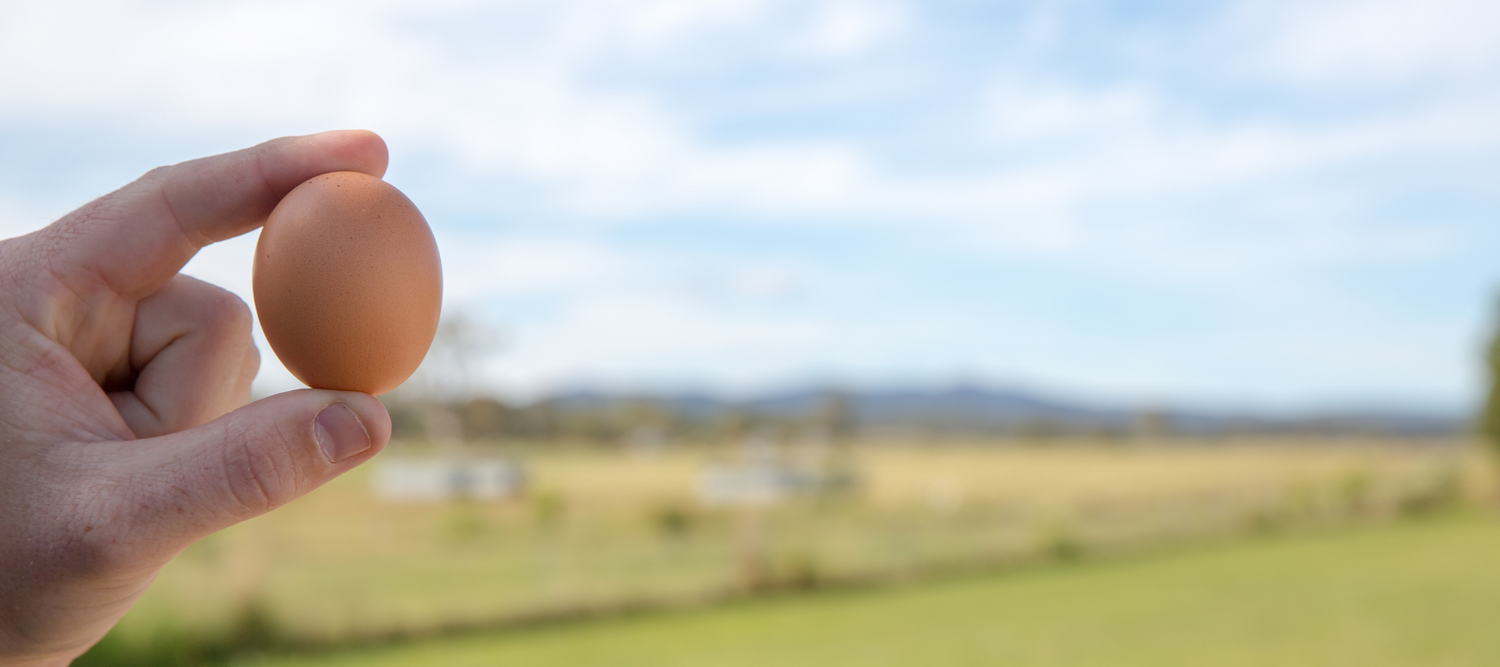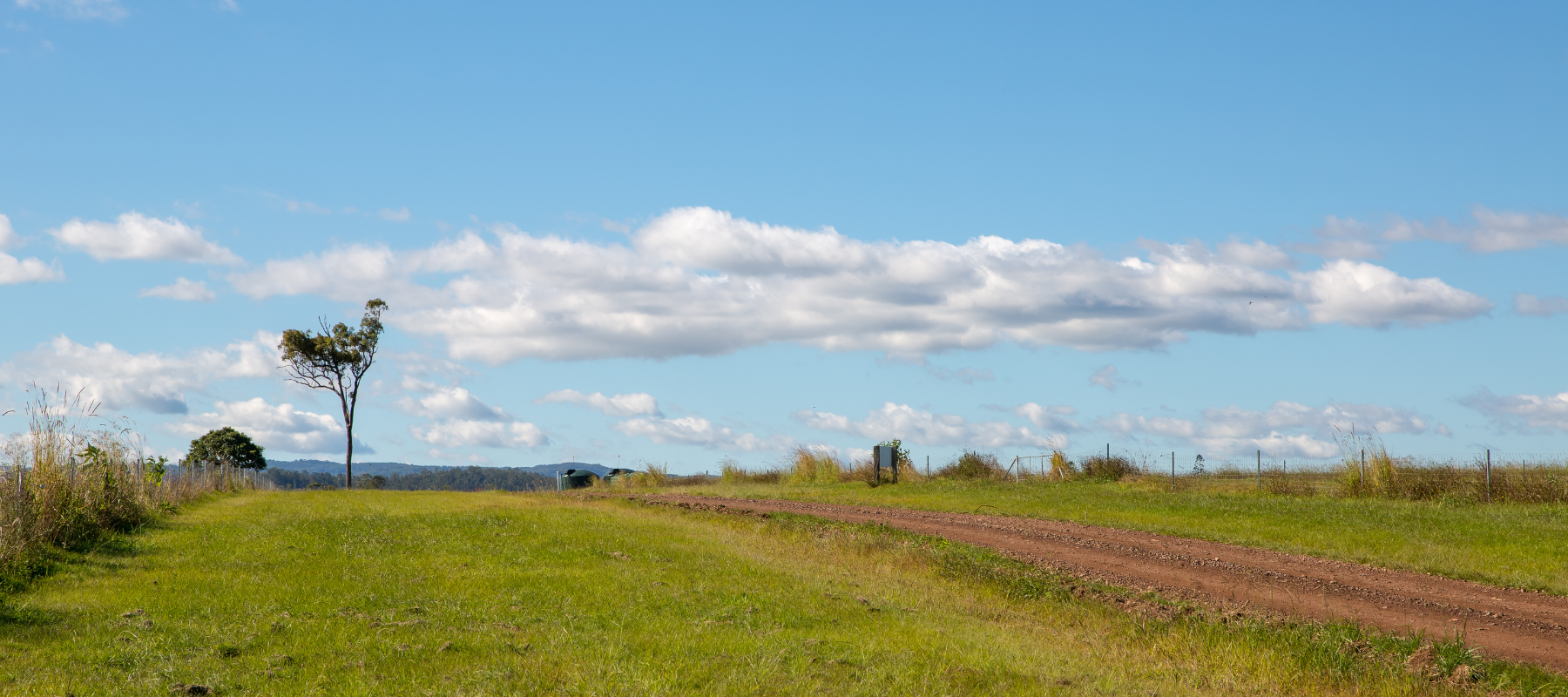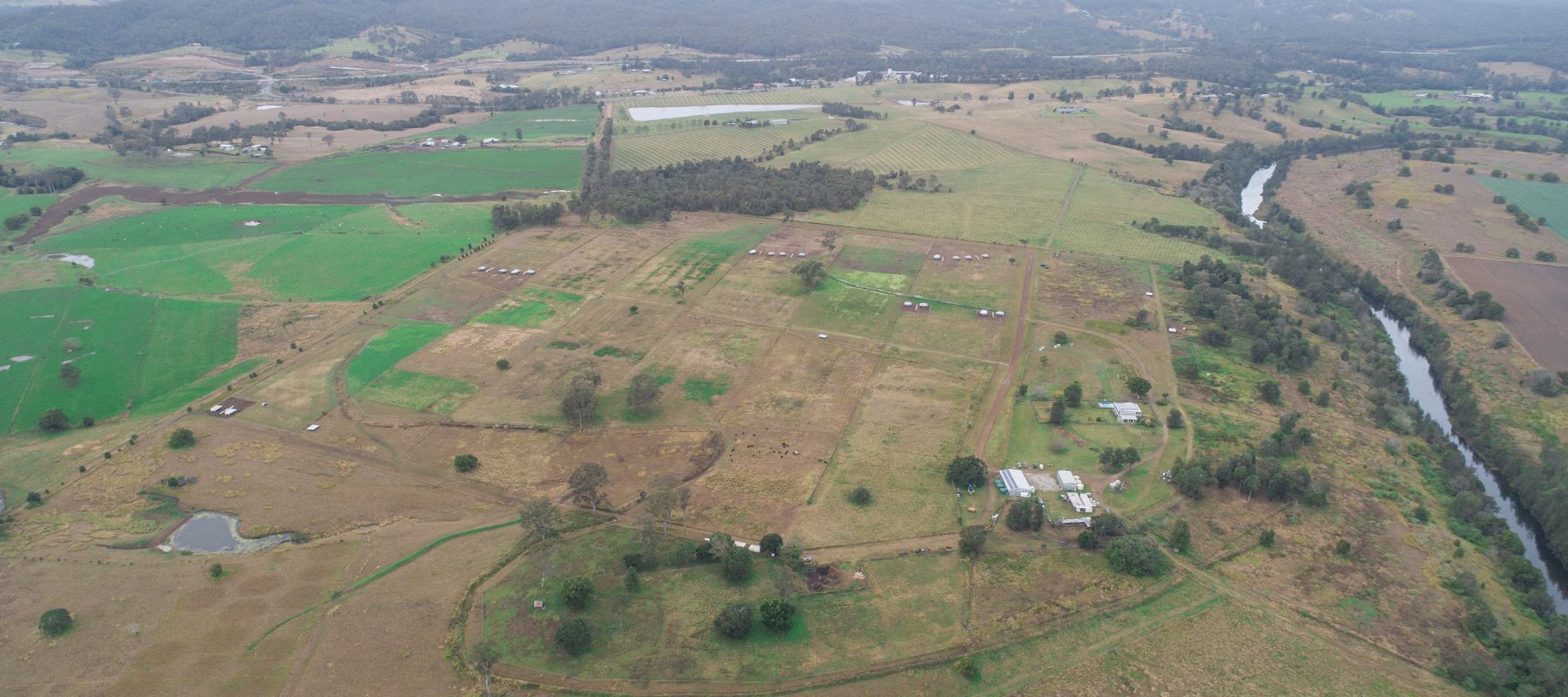If you are after a quick and easy meal, it’s hard to go past the humble egg. Fried, poached, boiled, or baked this delicious and nutritious whole food packs a punch. Eggs are one of the best sources of protein around, and thanks to the pasture raised lifestyle our hens lead you can be confident that a Forage Farms egg free from artificial fertilisers, chemicals, and nasties.
The egg is quite a fascinating food. Here are some interesting egg facts for you:
1. We pick between 4000 and 4500 eggs a day. A lot of these don’t pass quality control – usually because they are challenged in shell quality or shape. Those that are rejected are composted and returned to the paddock. We go through the same process again on a weekly pack day to ensure only the best eggs go to market.
2. A Forage Farm egg is packed on a Tuesday and delivered fresh to the shops, or direct to customers on a Wednesday or Thursday. Most eggs supplied by big operations have been sitting in a cool room for at least two weeks so at best they will be two weeks old, sometimes four.
3. There are a few ways to tell if your egg is fresh. Our favourite test is in the frying pan – if the white of the egg covers the pan your egg is old. If it sits up and is firm and tight it is fresh.
4. It takes a hen between 24 and 26 hours to develop an egg. Once she lays an egg, the development of a new egg normally starts within 30 minutes.
5. Eggs generally get bigger as hens age. A young chook at point of lay usually lays a 500g egg dozen but sometimes produce oversized or double yolker eggs. A double yolk occurs when a hen’s body releases more than one egg during her daily ovulation cycle. Just like humans it is possible for chooks to produce twin eggs. Our hens are bred to produce 700g dozen eggs – most chefs and cafes prefer this size, although we do get occasional requests for 800g dozen eggs.
6. Egg yolks get their yellow colour from green pick. Sometimes a yolk can be almost translucent, light yellow. This not a sign that the egg is lacking in quality and more an indication of what’s going on at the farm. During winter or in a drought the birds will have less access to green grass and the yolks will be paler. The younger and older hens also tend to produce paler eggs. And, NO we do not provide food colourant supplements to make our eggs turn yellow!
7. The key ingredients in an egg are protein and fat. An egg produced in the right environment will also have a lot of micronutrients that are good for us – and hard to find in other foods. Eggs are rich sources of selenium, vitamin D, B6, B12 and minerals such as zinc, iron, and copper. Because we let our hens forage as nature intended, they have access to a broader diet than many shed raised birds. We also feed our chooks seaweed and offer them charcoal, sulphur, copper, and calcium supplements which they can eat if they choose. Our birds know what they need and will go for different things depending on the condition of the paddock.
8. In Australia we prefer brown shelled eggs. Americans like white shells. This is merely a cultural quirk and shell colour is related to the breed of bird, not egg quality. Black birds lay a light brown egg when they are young but as they mature, they produce white shelled eggs. Brown hens lay brown eggs and white hens produce white eggs.
Our eggs are produced in a way that is best for you, the animals, and the environment. You really can’t go wrong with a humble egg from a pasture-raised chook.
You can purchase our eggs at the farm gate or have a look at our map and see all our suppliers.
The egg is quite a fascinating food. Here are some interesting egg facts for you:
1. We pick between 4000 and 4500 eggs a day. A lot of these don’t pass quality control – usually because they are challenged in shell quality or shape. Those that are rejected are composted and returned to the paddock. We go through the same process again on a weekly pack day to ensure only the best eggs go to market.
2. A Forage Farm egg is packed on a Tuesday and delivered fresh to the shops, or direct to customers on a Wednesday or Thursday. Most eggs supplied by big operations have been sitting in a cool room for at least two weeks so at best they will be two weeks old, sometimes four.
3. There are a few ways to tell if your egg is fresh. Our favourite test is in the frying pan – if the white of the egg covers the pan your egg is old. If it sits up and is firm and tight it is fresh.
4. It takes a hen between 24 and 26 hours to develop an egg. Once she lays an egg, the development of a new egg normally starts within 30 minutes.
5. Eggs generally get bigger as hens age. A young chook at point of lay usually lays a 500g egg dozen but sometimes produce oversized or double yolker eggs. A double yolk occurs when a hen’s body releases more than one egg during her daily ovulation cycle. Just like humans it is possible for chooks to produce twin eggs. Our hens are bred to produce 700g dozen eggs – most chefs and cafes prefer this size, although we do get occasional requests for 800g dozen eggs.
6. Egg yolks get their yellow colour from green pick. Sometimes a yolk can be almost translucent, light yellow. This not a sign that the egg is lacking in quality and more an indication of what’s going on at the farm. During winter or in a drought the birds will have less access to green grass and the yolks will be paler. The younger and older hens also tend to produce paler eggs. And, NO we do not provide food colourant supplements to make our eggs turn yellow!
7. The key ingredients in an egg are protein and fat. An egg produced in the right environment will also have a lot of micronutrients that are good for us – and hard to find in other foods. Eggs are rich sources of selenium, vitamin D, B6, B12 and minerals such as zinc, iron, and copper. Because we let our hens forage as nature intended, they have access to a broader diet than many shed raised birds. We also feed our chooks seaweed and offer them charcoal, sulphur, copper, and calcium supplements which they can eat if they choose. Our birds know what they need and will go for different things depending on the condition of the paddock.
8. In Australia we prefer brown shelled eggs. Americans like white shells. This is merely a cultural quirk and shell colour is related to the breed of bird, not egg quality. Black birds lay a light brown egg when they are young but as they mature, they produce white shelled eggs. Brown hens lay brown eggs and white hens produce white eggs.
Our eggs are produced in a way that is best for you, the animals, and the environment. You really can’t go wrong with a humble egg from a pasture-raised chook.
You can purchase our eggs at the farm gate or have a look at our map and see all our suppliers.




